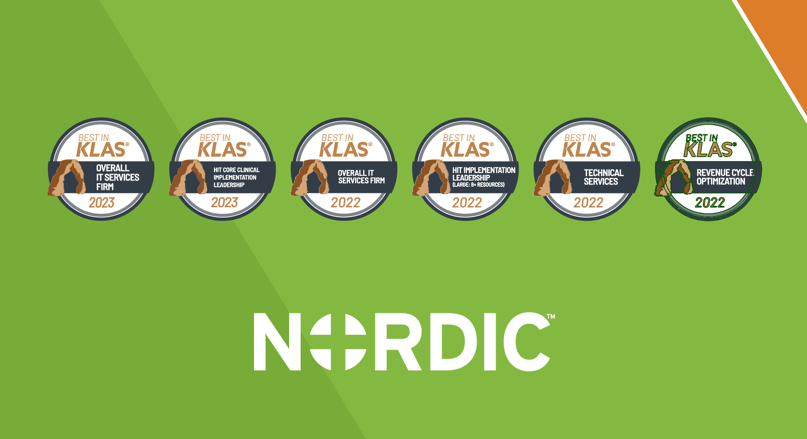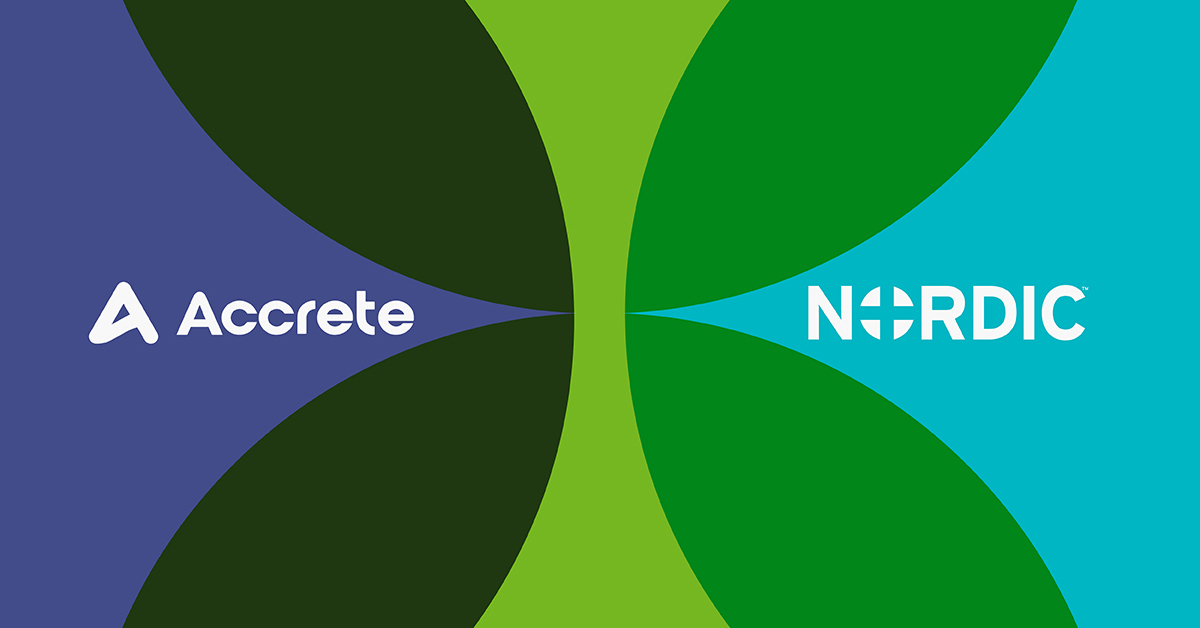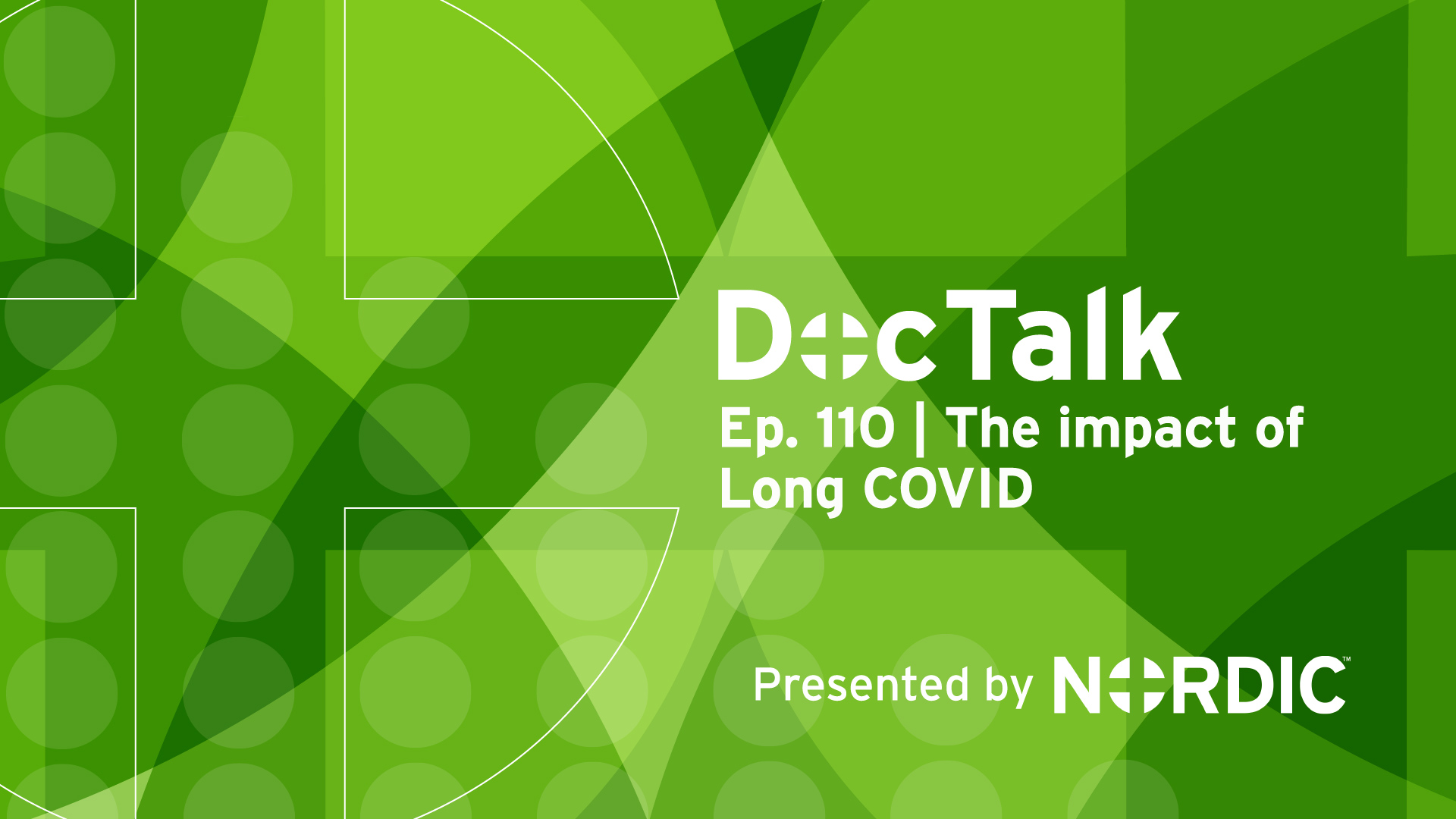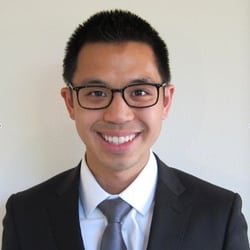 Over my career, I’ve faced plenty of challenges that I can’t immediately solve. If you’re in health IT, you can probably identify with the frustration that results from a persistent issue. When things are going poorly, I’m sure we’ve all thought, “I wish I could just stop and brush the problem away.”
Over my career, I’ve faced plenty of challenges that I can’t immediately solve. If you’re in health IT, you can probably identify with the frustration that results from a persistent issue. When things are going poorly, I’m sure we’ve all thought, “I wish I could just stop and brush the problem away.”
Whenever I have those moments in my work life, I try to take a moment and think about the lessons I’ve learned from my work with a small group of high school students in central Haiti.
Over the course of three years, they’ve taught me more about perseverance, creative problem-solving, and teamwork than I ever expected. With the holidays around the corner, I’d like to take a moment to share their story with you.
Our journey to form a community garden
Since 2014, I’ve been fortunate to visit a small rural town in central Haiti with an organization called World Hope Chicago. Our goal in Pignon is simple but challenging: develop local high school students into leaders who are empowered to make positive, concrete changes in their community.
In a place where career options are limited, the hope for change is tremendously important but doesn’t come easily. For most small-town Haitian students, their future involves a factory job in the capital city of Port-au-Prince or emigration to the Dominican Republic to work a menial job. Most assistance for the community comes in the form of limited-time gifts, which are helpful but don’t spur long-term growth.
Through World Hope Chicago, we wanted to help stimulate economic development in the community, but we also knew from experience and research that the change had to come from within. If we didn’t build the younger generation into leaders, the economic growth could dry up when foreign aid dissipated.
Our answer was to form a student leadership group in the local high school.
We challenged the students to come up with issues they saw in the community and then figure out a systematic way to evaluate those problems and come up with solutions. For the past two years, the students have been learning about servant leadership through example.
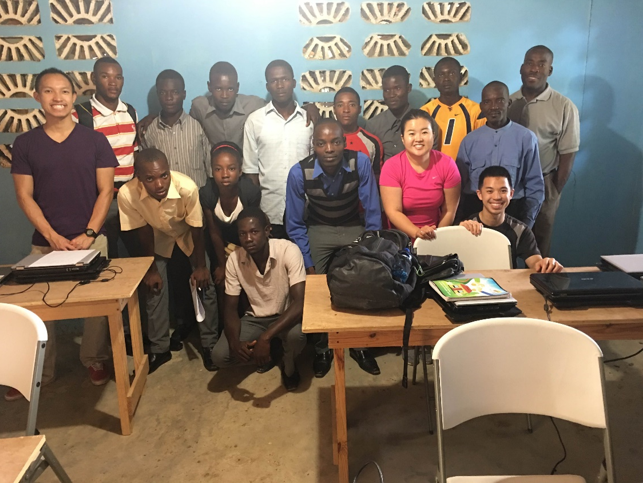
My role within the group is to listen, guide discussions, and help the students find resources. For example, one of the first things we did was identify the most pressing problem the students saw in their community. There wasn’t enough food to eat because there weren’t enough jobs.
In Pignon, the students realized that there is little capital to start businesses, and the jobs that are available are mostly related to farming. Yet, few people farm due to depleted soil and loss of agricultural knowledge. My students settled on the idea that they could increase jobs in the community by using farming as a way to raise capital. They decided their first step was to learn about how to farm by starting a community garden.
The hope is that by working through implementing their solution, the students will see that they can make a difference, and they have the tools to do so.
Lessons learned from my Pignon students
The experience has taught me so much about leadership. At first, I struggled with balancing the desire to support and help the students with allowing them to make mistakes and figure out solutions on their own. At the end of the day, my goal is to develop them into leaders who can self-motivate and direct their own project – not just to give them the right answer right away.
We’ve also grown to understand the importance of looking for root issues, instead of just fixing what’s on the outside. As a consultant, a large part of my job is identifying problems and coming up with solutions. My work with the students helps to remind me to look past the obvious cause of a problem, and instead look for the deeper issues that may be harder to identify and harder to solve.
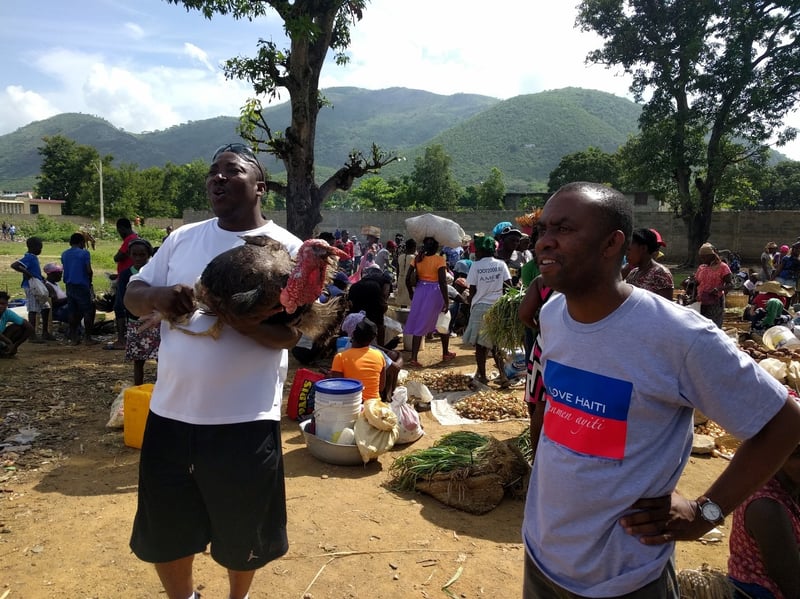
And of course, they’ve taught me to stay positive and open to feedback, ideas, and the inevitable ups and downs of a project. No project – whether it’s starting a community garden or implementing an EHR – is without unexpected bumps in the road. My work with them has reminded me to create an environment where people can raise issues and offer ideas without judgment.
This month, I’ll be returning to Haiti to retrain our new students on the goals for the garden and our processes as a team. We may also introduce the idea of a scholarship for students after they graduate this year, which would help make schooling more economically viable.
Around the holidays, it’s always important to take a moment to reflect on all that we have and all that we can do to help the other people in our lives. I, for one, am incredibly thankful that I have a group of smart, ambitious, creative students who push me to see the world through different, more determined eyes.
